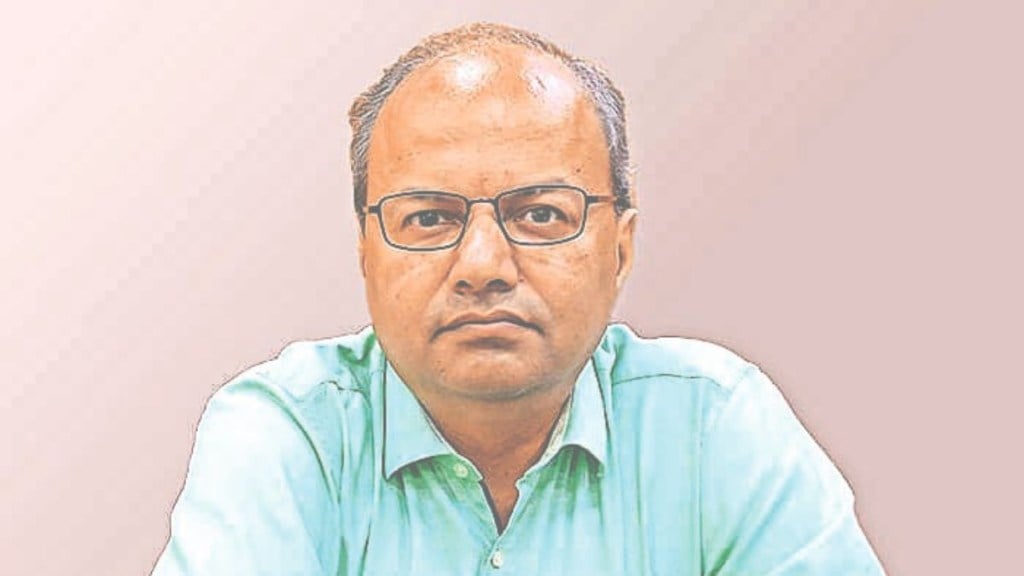Unlike earlier times when career options were limited, today’s young minds are boldly choosing startups as their path. IIT Kanpur is enabling this shift through initiatives like the C3iHub and Startup Incubation and Innovation Centre (SIIC) that provide resources, mentorship and funding to budding entrepreneurs who are developing technologies that are strategically important to India’s future, particularly in defence and aerospace, clean energy, healthcare, agritech and cybersecurity.
For instance, Maraal Aerospace is developing a solar-powered unmanned aerial vehicle (UAV), called Tejasvaan, that is capable of 12+ hours of flight, 5 km operational altitude, and 150 km range. With a 12 m wingspan, 30 kg maximum take-off weight, and 5 kg payload capacity, it combines solar-electric propulsion, lightweight composites, and MIL-grade safety systems, making it a reliable and eco-friendly alternative to conventional drones with only 3-4 hours of endurance.
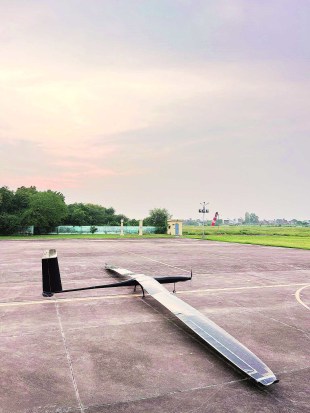
“The UAV is designed for intelligence, surveillance, reconnaissance, disaster response, and industrial applications. It integrates AI-driven navigation, secure communication links, and a rugged design to deliver persistent, real-time intelligence in challenging environments,” said Vivek Kumar Pandey, the co-founder at Maraal Aerospace. The UAV has generated strong interest from the Indian Army, Navy, Air Force, paramilitary forces, and commercial players like HPCL and telecom operators, with early demonstrations validating its potential as a leading indigenous UAV platform.
Similarly, Aerosys Aviation is working on navigation drones for the defence sector. “Our technologies include an eliminator kamikaze drone, engineered for GPS-denied environments and capable of autonomous precision strikes.
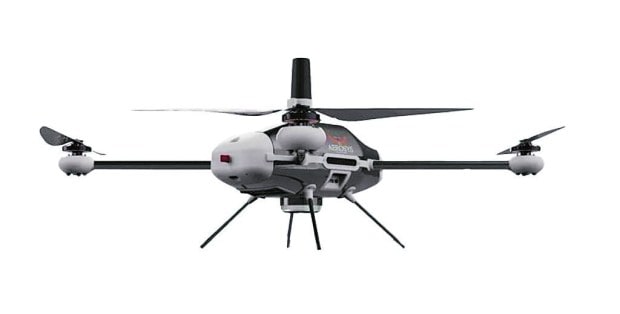
There are also surveillance UAVs, and payload delivery systems that ensure mission success even in GPS- and RF-denied environments,” said Avinash Kumar, the founder. The significance of this innovation lies in strengthening India’s defence autonomy and reducing reliance on foreign technology. The market has shown positive traction, with Aerosys attracting attention from defense stakeholders for future deployment, he stressed.
“To strengthen India’s position in the global technology space, we must have multiple Silicon Valley-like ecosystems where research seamlessly transforms into real-world impact,” said Manindra Agrawal, director, IIT Kanpur. “The robust R&D ecosystem that we have, complemented by SIIC and C3iHub – now upgraded to a Technology Translational Research Park – give us an advantage in realising the process from incubation to commercialisation, spanning areas such as aerospace, healthcare, AI, cybersecurity, biotechnology, and sustainability,” he told FE.
SIIC IIT Kanpur has nucleated startups like Offgrid Energy Labs, Xterra Robotics, VU Dynamics, Ananant Systems, Aethrone Aerospace, Noccarc Robotics, and Dream Aerospace. Few months back, the incubator expanded its global reach by partnering with the US-based accelerator NMexus, which provides IITK startups with international regulatory guidance. It has incubated over 500 startups till date, that includes 224 women-led ventures.
Likewise, C3iHub has developed solutions with companies like Microsoft and supported 50 startups offering prototyping, go-to-market, and accelerator financial and technical guidance, of which half of them have commercialised over 50 products. “We are empowering the startups to pioneer the next big advancements and make India self-reliant in the cybersecurity and security space,” said Agrawal.
There is Chimertech from the SIIC portfolio that has developed QuadMastest, a reagent-free mastitis detection device that delivers rapid and reliable results right at the farm level.
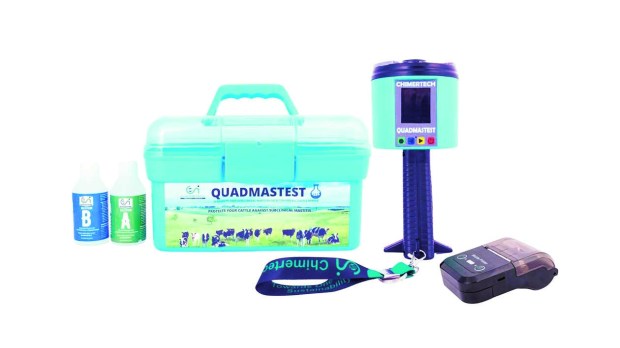
According to Ragul Paramasivam, founder, Chimertech, mastitis not only reduces milk yield and quality but also forces farmers to rely heavily on antibiotics, raising concerns around antimicrobial resistance and food safety. “Farmers have reported improved herd health and reduced treatment costs, while cooperatives and veterinary colleges have shown strong interest in deploying our solutions at scale. We are also witnessing growing traction across Southeast Asia and Africa, where dairy farmers face similar challenges and are eager for cost-effective innovations,” he added.
In the healthcare space, Genomiki Solutions is offering genomics solutions to reduce infant mortality rate. It has developed innovative cloud-based screening solutions by combining genome-informatics with AI-driven interpretation and reporting to help healthcare professionals screen for genetic disorders at every stage of life, from preconception, preimplantation to the newborn stage. “These solutions utilise dedicated and highly curated gene panels processed through high-throughput next-generation sequencing technology to provide actionable insights,” said Deeksha Bhartiya, founder, Genomiki.
Similarly, Adiabatic Technologies is championing the circular economy by repurposing EV batteries into 12V agricultural equipment batteries and solar storage solutions, giving second life to batteries that would otherwise be wasted.
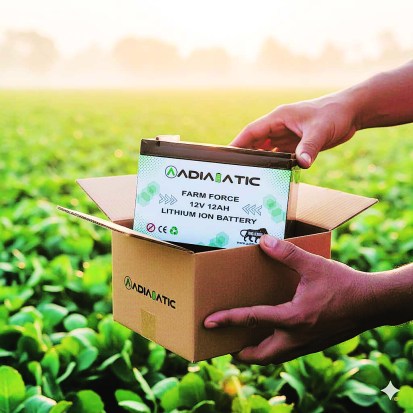
It is creating a full stack battery technology platform with a proprietary battery management system and phase-change material based passive thermal management system. “This ensures safety, reliability, and longevity of lithium-ion battery packs,” said Darshan Meher, the founder at Adiabatic. The company has over 10,000 units deployed and strong purchase orders for an additional 10,000.

